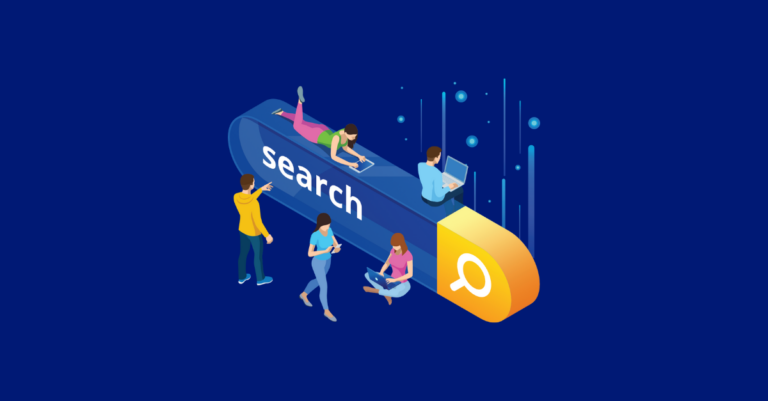How To Create The Perfect XML Sitemap
There are many XML sitemap generators, but they don’t always know what URLs should (or shouldn’t) be included. Learn how to make the ultimate XML sitemap here.

There are many XML sitemap generators, but they don’t always know what URLs should (or shouldn’t) be included. Learn how to make the ultimate XML sitemap here.

Each year I lead an intro to SEO session for the brilliant students of Drexel University in Philadelphia in their New Media Marketing class. These are their questions and my answers.

We love mission marketing for all things SEO, brand building, and digital marketing. There’s no shortage of ideas when you operate on your mission.

Need data that requires knowing about pages that used to exist on an old domain? Use the WayBack Machine with Screaming Frog to dig up old, incorrect redirects.

You put a robots.txt on your site expecting it to keep Google out of certain pages, but you worry if you did it correctly. Here’s how you can check.

If Google doesn’t know you, educate it! How to create relationships between different entities to optimize search results.

Many vertical or meta search engines have been built through the years. But the dominance of Google (and others) forced these into the shadows.